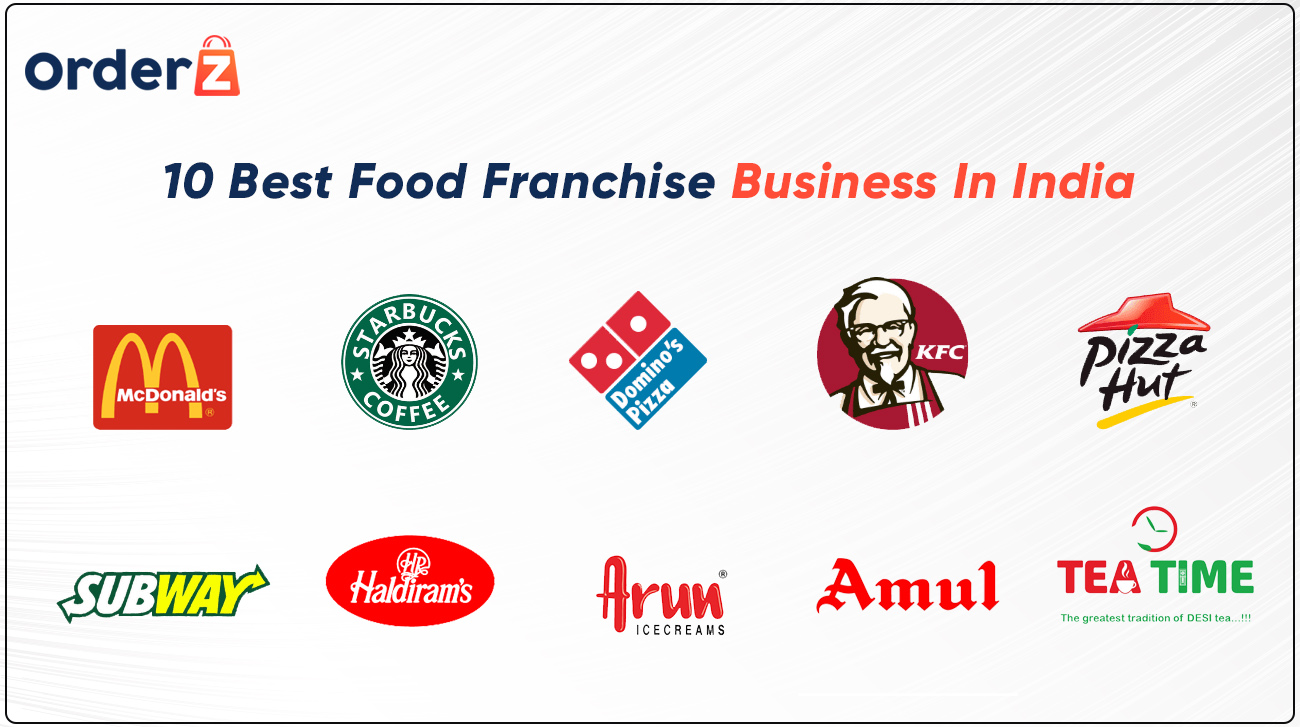Absolutely! Here’s a 2900-word article about food franchising, formatted with `
` and `
` tags instead of “.
The Savory Success of Food Franchises: A Comprehensive Guide
The Savory Success of Food Franchises: A Comprehensive Guide
The food franchise industry is a dynamic and ever-evolving landscape, offering aspiring entrepreneurs a pathway to business ownership with the backing of established brands. From fast-food giants to niche culinary concepts, the allure of a proven business model and recognized brand name draws countless individuals seeking to carve their own slice of the market. This article delves into the intricacies of food franchising, exploring its advantages, challenges, and the key factors for success.
The Appeal of a Food Franchise: A Recipe for Success?

The foundation of a successful food franchise lies in the brand’s established reputation and operational systems. Unlike starting a business from scratch, franchisees benefit from:
Reduced Risk and Established Brand Recognition
A well-known brand instantly provides customer trust and recognition, minimizing the initial hurdle of building a customer base.
Proven Business Model and Operational Support
Franchisees follow a standardized operating system, streamlining processes from food preparation to customer service.
Bulk Purchasing Power and Supply Chain Advantages
Franchise networks leverage collective purchasing power, securing favorable prices on ingredients and supplies.
Marketing and Advertising Support

Franchisors often handle national or regional marketing campaigns, reducing the franchisee’s individual marketing burden.
Navigating the Franchise Landscape: Due Diligence is Key
While the appeal of a food franchise is undeniable, prospective franchisees must conduct thorough due diligence before committing. This involves:
Evaluating the Franchise Concept and Brand
Assess the brand’s reputation, market presence, and long-term growth potential.
Reviewing the Franchise Disclosure Document (FDD)

The FDD provides crucial information about the franchise, including financial statements, litigation history, and franchisee obligations.
Assessing the Franchise’s Support System
Evaluate the quality and extent of training, ongoing support, and operational assistance provided by the franchisor.
Understanding the Financial Investment and Ongoing Costs
Calculate the initial investment, including franchise fees, equipment costs, and working capital.
Speaking with Existing Franchisees
Connect with current franchisees to gain firsthand insights into their experiences and the franchisor’s support.
Key Factors for Success in a Food Franchise
Success in a food franchise requires more than just following a proven model. It demands dedication, business acumen, and a commitment to customer satisfaction.
Location, Location, Location
Prime locations with high foot traffic and visibility are crucial for attracting customers.
Exceptional Customer Service
Providing friendly, efficient, and consistent customer service is paramount for building loyalty and repeat business.
Operational Efficiency and Quality Control
Adhering to the franchisor’s operating procedures and quality standards ensures consistency and customer satisfaction.
Effective Marketing and Local Engagement
Supplementing national marketing efforts with local initiatives to reach target customers.
Strong Management and Leadership
Developing strong leadership skills to motivate and manage staff effectively.
Financial Management and Cost Control
Implementing sound financial management practices to control costs and maximize profitability.
Emerging Trends in Food Franchising
The food franchise industry is constantly evolving to meet changing consumer preferences and technological advancements.
Emphasis on Healthy and Sustainable Options
Increasing demand for healthy, organic, and locally sourced food options.
Technological Integration and digital Ordering
Growing adoption of online ordering, mobile apps, and delivery services.
Delivery and Ghost Kitchens
The rise of third-party delivery services, and the expansion of ghost kitchens that focus exclusively on delivery.
Niche Concepts and Culinary Diversity
Emergence of niche food franchises specializing in specific cuisines or dietary preferences.
Personalization and Customization
Consumers expect more personalized options.
Challenges and Pitfalls to Avoid
While food franchising offers significant advantages, it also presents challenges that entrepreneurs must be prepared to address.
Franchise Fees and Royalty Payments
Understanding the financial obligations associated with franchise fees and royalty payments.
Maintaining Consistency and Quality Control
Ensuring consistent product quality and service across all franchise locations.
Adapting to Changing Market Conditions
Staying abreast of evolving consumer preferences and market trends.
Managing Staff and Labor Costs
Recruiting, training, and retaining qualified staff.
Competition and Market Saturation
Facing competition from other food franchises and independent restaurants.
The Future of Food Franchising
The food franchise industry is poised for continued growth and innovation, driven by evolving consumer preferences and technological advancements. Entrepreneurs who conduct thorough due diligence, embrace innovation, and prioritize customer satisfaction are well-positioned to thrive in this dynamic and rewarding industry. By understanding the advantages, challenges, and key factors for success, aspiring franchisees can embark on a journey towards building a thriving and profitable food business. The combination of a strong brand, a proven system, and the right entrepreneurial spirit creates a potent recipe for success in the ever-evolving world of food franchising.

